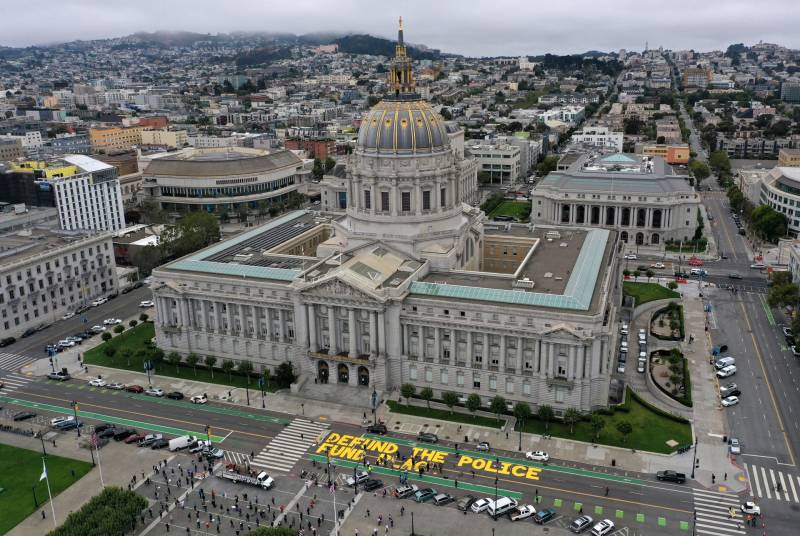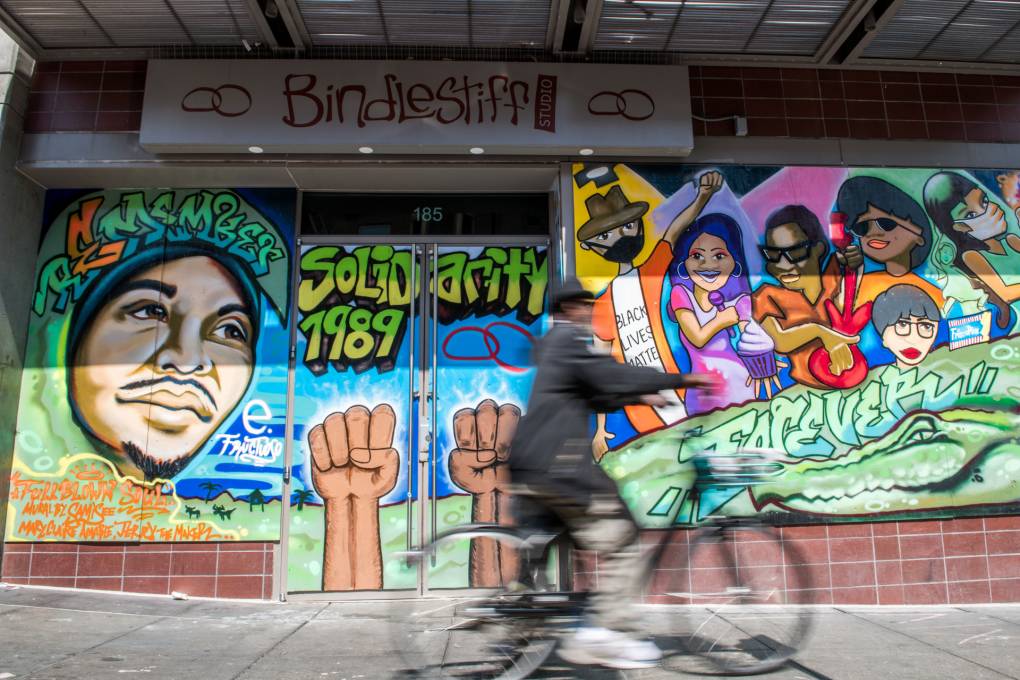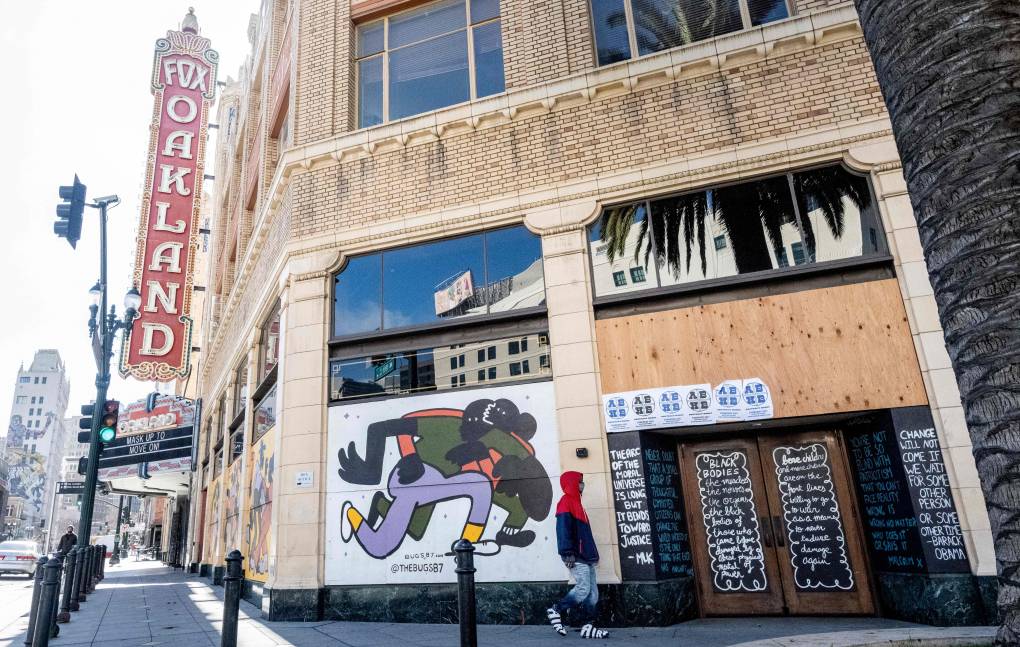Applicants for the artists’ Guaranteed Income Pilot must meet certain eligibility criteria. They must be 18 or older, have an artistic practice “rooted in a historically marginalized community,” be a resident in one of 13 San Francisco zip codes “determined by the city of San Francisco’s data on areas hardest hit by the COVID-19 pandemic,” and not exceed a specified income threshold.
Eligible artists will be selected at random for participation in the pilot after applications close on April 15. “We want to make the process as easy as possible,” said YBCA CEO Deborah Cullinan in a phone interview with KQED. Chosen artists can expect to receive their first payments on May 21.
Cullinan said that the pilot should be thought of as a form of “rapid prototyping”—one small step in helping the city of San Francisco think through how it can provide more stability for its creative community.
“Guaranteed income is something we’ve been interested in for a long time,” said Cullinan. “What does it mean to provide economic security not only for artists and their families, but also for the community as a whole? What happens as a result of it? We want to learn from the pilot and leverage the proof towards a longer-term project.”
Cullinan said successful applicants will not be required to do anything in return for the money. But she is hoping many of them will volunteer to complete periodic surveys to help YBCA and San Francisco learn how steady monthly payments can impact their lives. “You can’t demand things of people, but we do need data,” she said.




